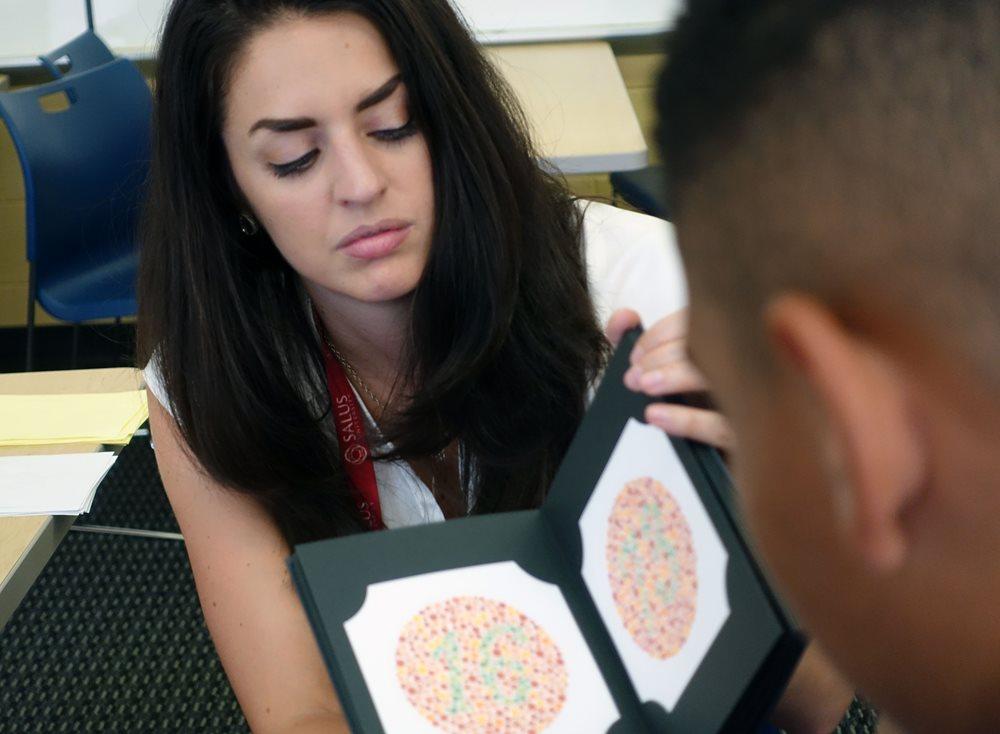

Sun’s Out, Shades On: Eye Protection Tips for Summer

With summer here, we must be mindful of eye protection when enjoying outdoor activities. UV light exposure from the sun can be very dangerous for our eyes if we aren't careful. At The Eye Institute, our mission is to keep your vision strong and your eyes healthy year-round.

Here are five tips on how to protect your eyes over the summer:
When buying sunglasses, look for labels that explicitly state "100% UV Blocking" or "UV 400"
Wear a wide-brimmed hat along with sunglasses
Wear SPF 50 sunscreen and remember to apply around the eyes
Sunlight is strongest midday to early afternoon, at higher altitudes, and when reflected off of water. Avoid going out at this time, or use extra sun protection
Avoid tanning beds, which pose the same risks to your eyes and body as outdoor UV light
Most people with color vision deficiency can see colors and are not truly color blind. The most common types are inherited red-green color deficiencies which occur in approximately one in 12 genetic males and one in 200 genetic females. True color blindness, in which everything is seen in shades of grey, is called achromatopsia. Achromatopsia is extremely rare and is accompanied by significantly reduced visual acuity and extreme light sensitivity.
The retina has two categories of photoreceptors, each with its own lightsensitive pigment. The first called rods are primary at night or in dark environments and do not help us see colors. The second called cones, are of three types:
• Right light: Most sensitive to long wavelengths
• Green light: Most sensitive to medium wavelengths
• Blue light: Most sensitive to short wavelengths
Difficulties with color can be either inherited or acquired. Inherited color vision problems do not change throughout life, and some people do not even realize they have a color vision deficiency. Acquired color vision deficiencies can occur at any age and they are sometimes more noticeable or different between the eyes. They can also be either red-green, blue-yellow, or have no specific pattern to them. They can be associated with one or more of the following:
• Age-related changes
• Eye diseases and injuries
• Traumatic brain injury
• Certain medications
• Chemical toxicity
Notice of Merger
As of July 3, 2025, Salus clinical facilities, The Eye Institute (TEI), thePennsylvania Ear Institute (PEI), and the Speech-Language Institute (SLI), are now officially part of Drexel University, a renowned institution known for itscommitment to excellence in experiential education and health care.
While this transition may bring about some changes, we want to assure you that our primary focus remains unchanged - providing you with the highest quality health care possible. Our dedicated team of providers will continue to be an integral part of the clinical facilities, ensuring continuity of care and preserving the strong relationships we have built with you over the years. From routine visits to specialized treatments, your health remains in expert hands.
In addition, The Eye Institute's NPI (National Provider Identifier) number will remain the same with the completion of our merger with Drexel University but it will be now listed as Drexel Medicine DBA The Eye Institute.
